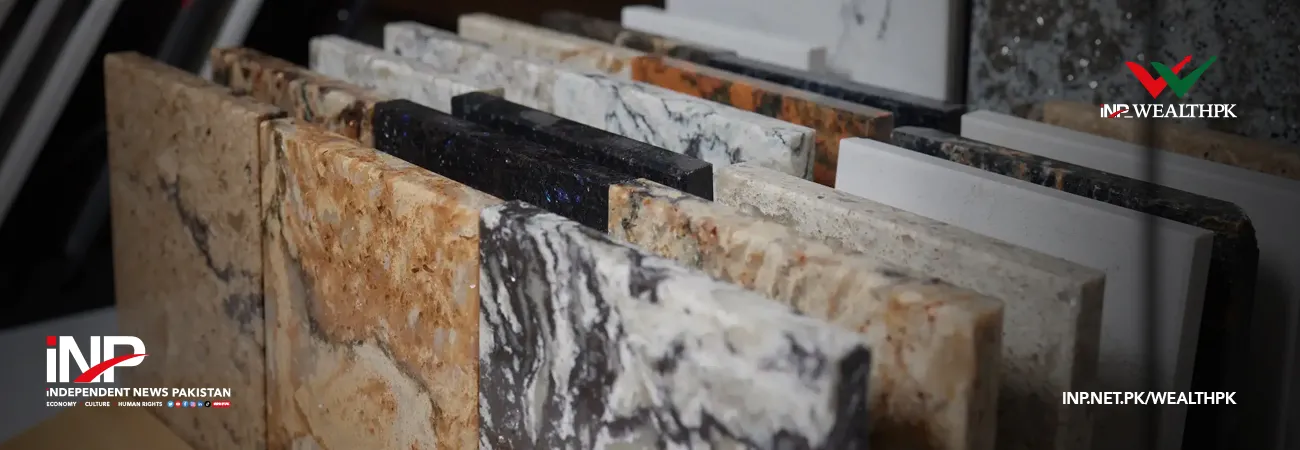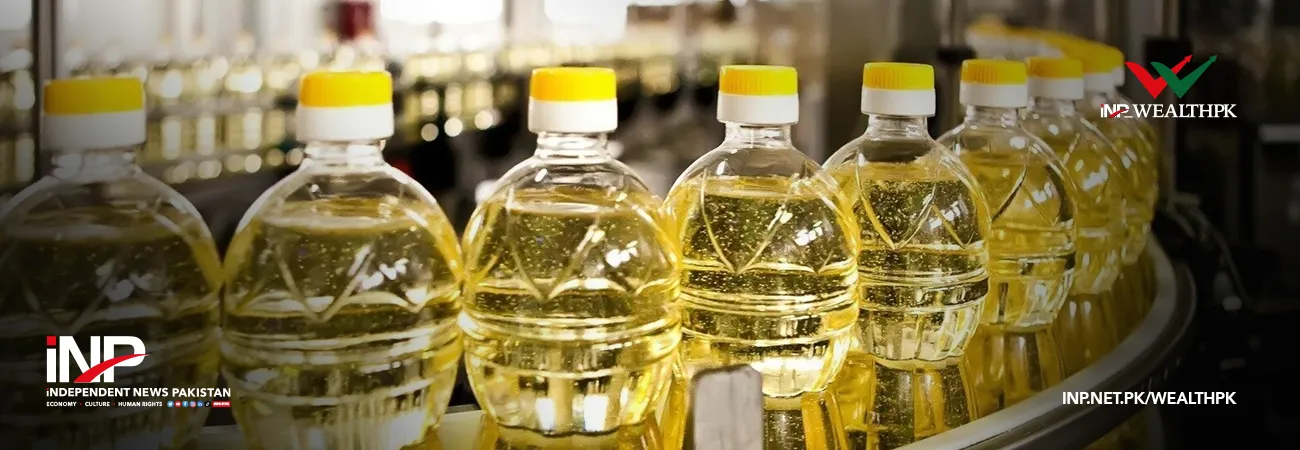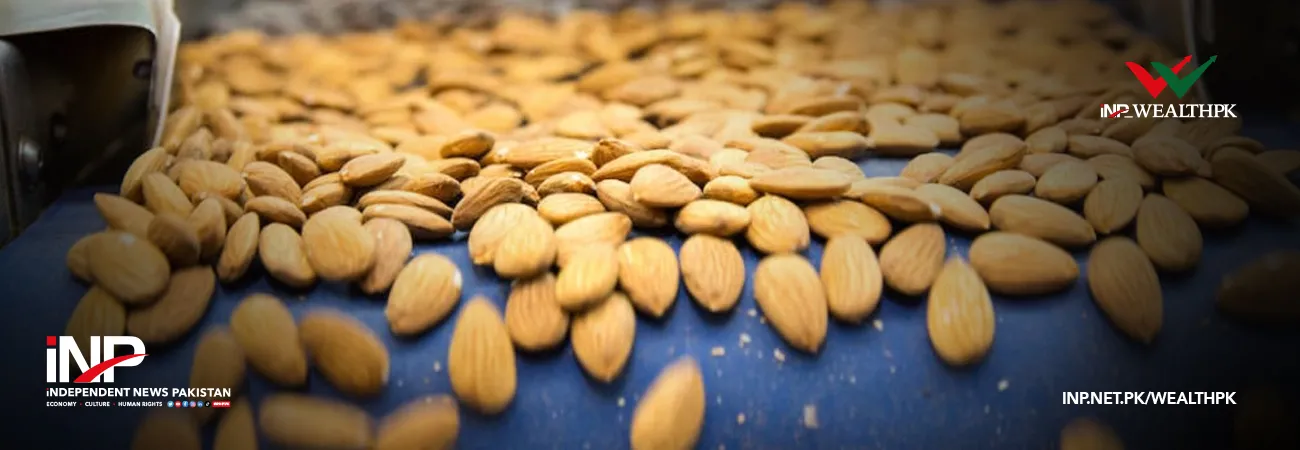INP-WealthPk
Ahmed Khan Malik
The marble processing units in Karachi have been grappling with high electricity costs and problems caused by load-shedding, adversely impacting their performance.
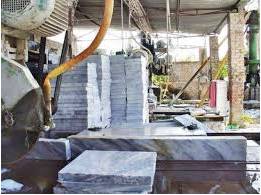
Marble processing is a power-intensive production and needs uninterrupted supply of cheap and dependable electricity. People associated with the business told WealthPK that Karachi is home to a diverse range of industries, with the marble processing sector being one of the prominent contributors to the economy. The city has long been known for its rich marble products.
However, the marble processing industry is facing significant challenges, primarily due to the escalating cost of electricity. “Marble processing involves several stages, including cutting, polishing, and finishing, all of which require heavy machinery,” Hussain Naqvi, a marble industrialist in Manghopir area, told WealthPK.
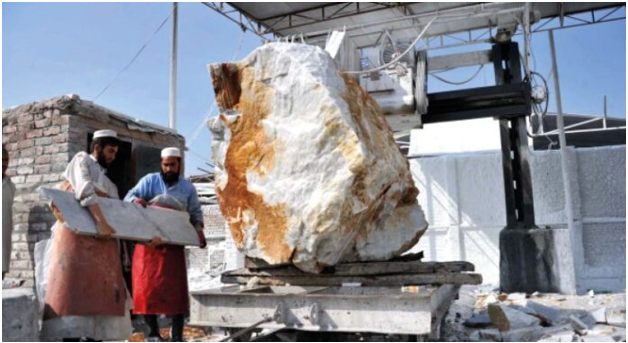
He said that this industry not only caters to the domestic market but also exports to international destinations, contributing substantially to the country’s foreign exchange reserves. “However, the sector has been experiencing increasing difficulties as electricity prices soar, significantly impacting the overall production cost.” “In recent years, electricity prices have surged, placing a severe strain on industries that rely on high energy consumption such as marble processing.
The industry’s dependence on electricity for running saws, grinders, and polishing machines makes it particularly vulnerable to price hikes,” he pointed out. “The cost of power has risen sharply due to a combination of factors, including rising fuel prices, inefficient energy production and transmission losses,” Naqvi said. “For marble processors in Karachi, this means higher operational costs and a reduced ability to compete both domestically and internationally.
Small and medium-sized enterprises (SMEs) within the sector are the hardest hit, as they often operate with tighter profit margins and less access to alternatives,” Naqvi said. Pervez Aleem, a marble industrialist in Northern Bypass area of Karachi, said that the marble processing industry faces challenges caused by unreliable electric supply. “Frequent loadshedding disrupted production schedules, resulting in delays and increased costs.
To compensate for power shortages, many businesses are forced to invest in expensive backup generators, adding another layer of cost,” Aleem noted. “These disruptions not only affect the local market but also tarnish Pakistan’s reputation as a reliable supplier in the global marble market. International buyers often seek consistent and timely deliveries, which become difficult when power shortages and outages compromise production timelines,” he said.
Aleem said that in order to tackle the issue, some marble processors were seeking ways to reduce their reliance on the national grid by investing in alternative energy sources, such as solar power. “Solar panels can help offset electricity costs over time, especially in a region like Karachi, which enjoys abundant sunlight. However, the initial capital investment required for solar energy solutions remains a barrier for many smaller businesses.”
Aleem urged the government to take more decisive action to alleviate the pressure on the marble processing sector. He said that Karachi’s marble processing industry also demands improvements in power infrastructure to reduce disruptions and ensure a more stable energy supply. “Without a reliable and affordable energy source, businesses will continue to struggle, causing potential job losses and decreasing industrial output.”
Credit: INP-WealthPk



